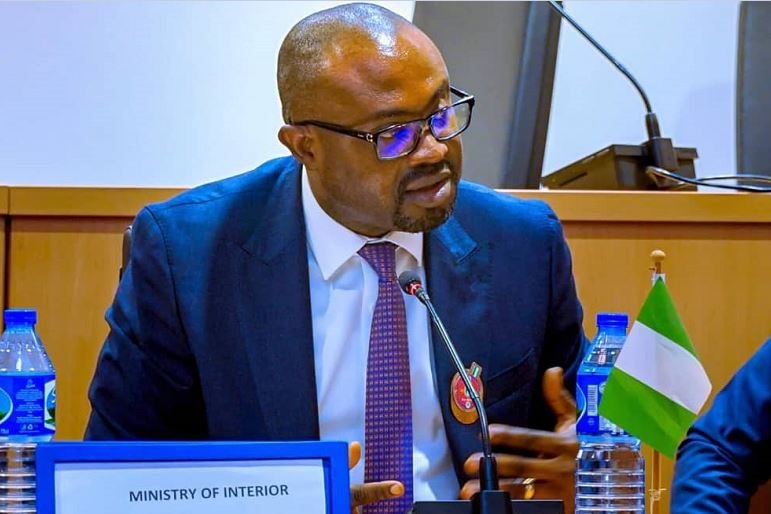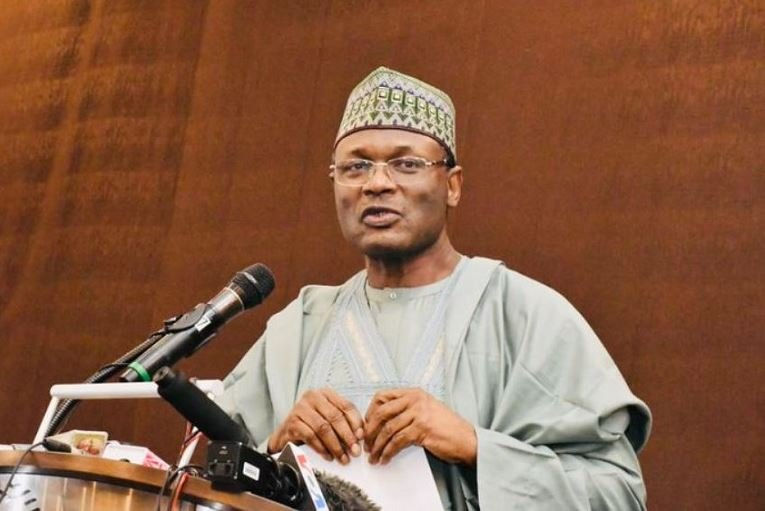The Minister of Interior, Olubunmi Tunji-Ojo, has described the Nigeria First policy introduced by President Bola Tinubu as a major step toward reviving the country’s industrial base.
Speaking on Channels Television’s Youth Forum, a live interactive programme held on Thursday, the minister emphasized the need to protect indigenous manufacturers from being overwhelmed by foreign competitors.
“Two things that make me happy about being part of this administration. One is the issue of Nigeria First because that is the real way back for industrialisation,” Tunji-Ojo said during the programme.
He argued that without such a policy, local manufacturers would continue to struggle against imports from countries like China, where production is cheaper due to low labor costs and stable electricity supply.
“If you do not have that as a policy, there is no way that indigenous manufacturers will compete with people coming from China where there is cheaper labour, and electricity.
“So, for us to be able to protect the local industry, Nigeria First, that shows a president who is looking inwards and looking towards backward integration,” he stated.
The minister also highlighted a second key policy of the current administration — the Naira for Crude initiative. According to him, this policy has played a significant role in keeping the price of petrol stable in Nigeria despite global price fluctuations.
“Number is the issue of naira for crude. For the first time you can see that Dangote Refinery and whatever, the prices of refined fuel are coming down despite the fact that it is increasing in the international market.
“Why? Today we are no longer depending on the issue of foreign exchange. And that is the reason you have seen the naira being stable for some time now, ₦1,500 or ₦1,600,” he explained.
Earlier this month, the Federal Executive Council (FEC) approved the Nigeria First economic policy, which mandates prioritizing the procurement of locally produced goods and services in all government transactions.
Announcing the decision after the May 5 FEC meeting, Minister of Information and National Orientation, Mohammed Idris, said the policy ensures that “Nigeria comes first in all procurement processes.”
While commending the president’s efforts, Tunji-Ojo expressed regret that such reforms were not initiated by past administrations.
He said, “It is unfortunate that President Tinubu is left to make decisions that should have been taken decades ago by Nigeria’s past leaders.”
Nonetheless, he affirmed that the policies, though overdue, are critical steps to rescuing Nigeria’s economy from further decline.











